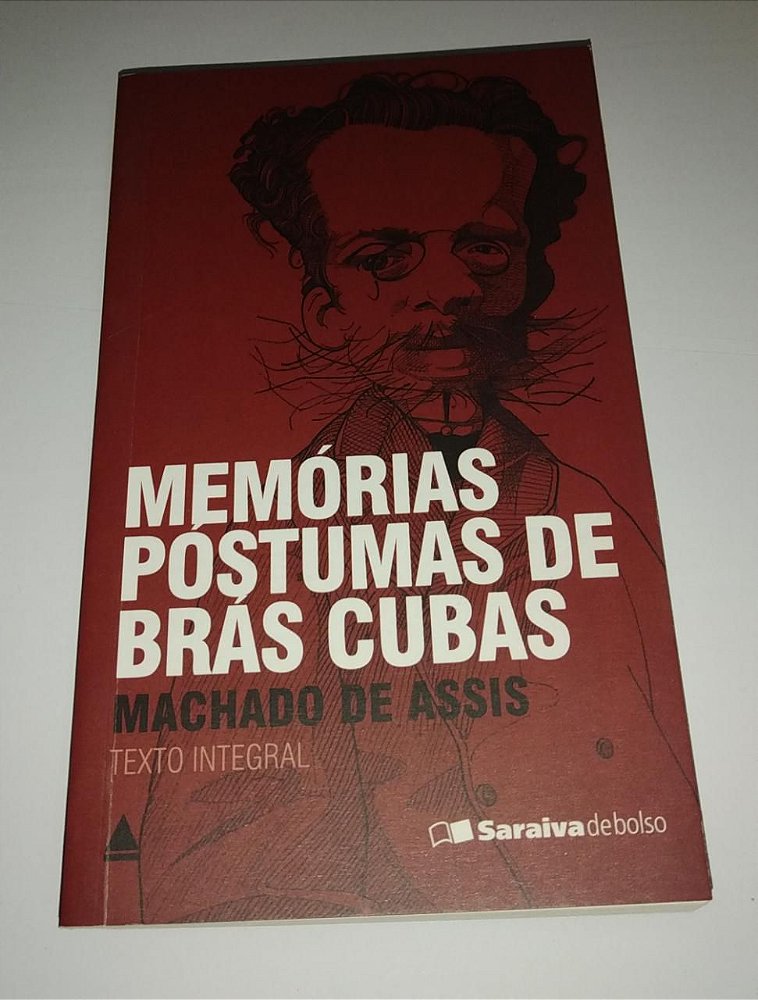

Here, we follow flashbacks of Bras Cubas (played by Reginaldo Faria while older, and Petronio Gontijo while younger) lives, narrating his story from the moment of his death, bringing back to life some important moments of his life, how did he fell in love with Virgilia the remedy he wanted to create to save the world and become famous well, it's his life story. Art direction and costumes are well made the story is presented just like in the book and the acting is very good.

It is faithful to the written work, added a few things to make it easier to the contemporaneous viewers, since Assis books while are amazingly well written are also not so appealing to everybody, it's a difficult reading that works with irony, hidden messages, everything's too subtle to get in one reading. André Klotzel took a giant chance while adaptating this book into film, a difficult task but he succeed in it. Created the Realism in Brazil, in 1881, throwing away the melodramatic and "too happy" Romantism and placing realistic emotions, sensations, giving a new life to books and stories and it is highly regarded as the greatest book ever written by Brazilian's greatest writer. The book is as much revolutionary as "Madame Bovary" was for the Realism movement in France and in the world. To support the Guardian and Observer order your copy at ."Memórias Póstumas" is based on the groundbreaking book written by Machado de Assis, the literary translation being "Brás Cubas's Postume Memories" but known around the world as "Epitaph of a Small Winner". The Posthumous Memoirs of Brás Cubas by Joaquim Maria Machado de Assis, translated by Flora Thomson-DeVeaux, is published by Penguin Classics (£12.99). They even, occasionally, cast doubt on her translation choices a very Machadian quality indeed. But again Machado is ahead of us: “The book’s greatest flaw is you, reader… You love direct, robust narration and a smooth and regular style.” And Thomson-DeVeaux’s endnotes provide all the context you could wish for.

The hectic digressions, ellipses and gaps frustrate the flow, so it’s hard to keep a handle on the characters that buzz in and out yet leave Cubas in solitude. In his introduction, Dave Eggers calls the book “an unmitigated joy to read”, but “mitigated” might be better. Cubas keeps digressing – being dead, he’s in no hurry to complete his story – and his condition, with nobody left to impress, offers the advantage of honesty. Posthumous Memoirs contains the whole human comedy in 160 very short chapters (“long chapters are better suited for ponderous readers”). But there is lots going on, from attempts to make his fortune by inventing a plaster to “alleviate… melancholy”, to a rocky political career, and above all a love triangle.


 0 kommentar(er)
0 kommentar(er)
